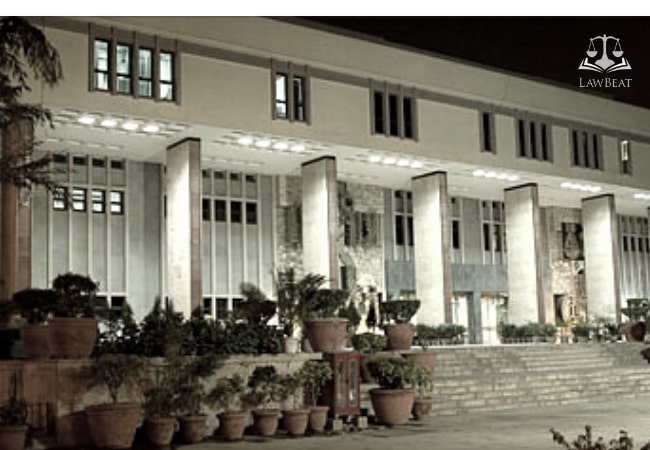Digital Media Audience cannot be treated as "passive consumers", IT Rules empower them: Centre defends New IT Rules in Delhi High Court

While defending its position on the new IT Rules, the Centre has told Delhi High Court that the IT Rules are not inconsistent with the Information & Technology Act, 2005. It has been stated by Centre that the IT Rules are paramount for not only curbing fake news but also for upholding fundamental rights of citizens.
A comprehensive and detailed affidavit has been filed by the Centre in a batch of plea(s), one of which has been filed by Foundation for Independent Journalism challenging the IT Rules.
The Centre states that there is an earmarked difference between an intermediary and an originator in the new IT Rules and that the Rules also identify their inter-linkages on digital media.
"No inconsistency exists between the Rules and the Act since the Rules do not club digital media publishers with intermediaries, but treats them separately as is envisaged under the Act"
- Centre tells Delhi High Court
It has been stated that the IT Act is administered by the Ministry of Electronics and Information Technology (MeitY) of the Government ofIndia and that the IT Rules have been formulated in exercise of the powers conferred by sub-section (1), clauses (z) and (zg) of sub-section (2) of section 87 of the Act.
In this context, the Centre has averred that "News and current affairs content on online platforms" and "Films and Audio-Visual programmes made available by online content providers" lie within the administrative ambit of the Ministry of Information & Broadcasting (MTB) and that Part III of the Rules is to be administered by MIB utilizing the powers delegated by MeitY for this purpose.
"In this regard, it is submitted that from the perspective of the broad scope of the Rules, as well as administration of the Rules, Part III is well within the legislative competence of MeitY to make such subordinate legislation," Centre has clarified.
While stating that disinformation and simply fake news, on digital media is one of the misuse of electronic records which may lead to violation of other fundamental rights of the audience, e.g. violation of the right to dignity through defamation; violation of the right to privacy through unlawful depiction in the media, violation of the right to life and personal liberty through disturbance of public order, etc., the Centre has stated that the 3 regulatory framework becomes necessary.
"The citizens, while being the audience for the information published by the professional publishers of news and current affairs content, cannot be treated as passive consumers without any recourse of participation in the process of accountability with respect to the content being published"
It is argue that the directions to the publisher regarding deletion/modification of content is in the interest of transparency, and allows the publishers to challenge such orders before the courts of law, thereby acting as a further safeguard in the interest of freedom of speech.
It is contended that the IT Rules seek to prevent the misuse of the freedom of press by empowering the audience with a mechanism to raise their grievances related to the content being published by the digital news publishers through a grievance redressal mechanism with an emphasis on the self-regulatory architecture for digital news publishers, and are therefore not in violation of fundamental rights.
Background:
Earlier the bench of Chief Justice D N Patel and Justice Jasmeet Singh had issued notices to the Ministry of Electronics and Information Technology and the Ministry of Information and Broadcasting and granted them time to file their responses.
Justice Anup Jairam Bhambhani of the Delhi High Court had also recused from hearing the plea challenging the regulation of digital news portals under the newly released Information Technology (Guidelines for Intermediaries and Digital Media Ethics Code) Rules, 2021.
Case Title: Foundation For Independent Journalism & ord vs Union of India & ors | Quint Digital Media Limited & anr vs Union of India & anr
